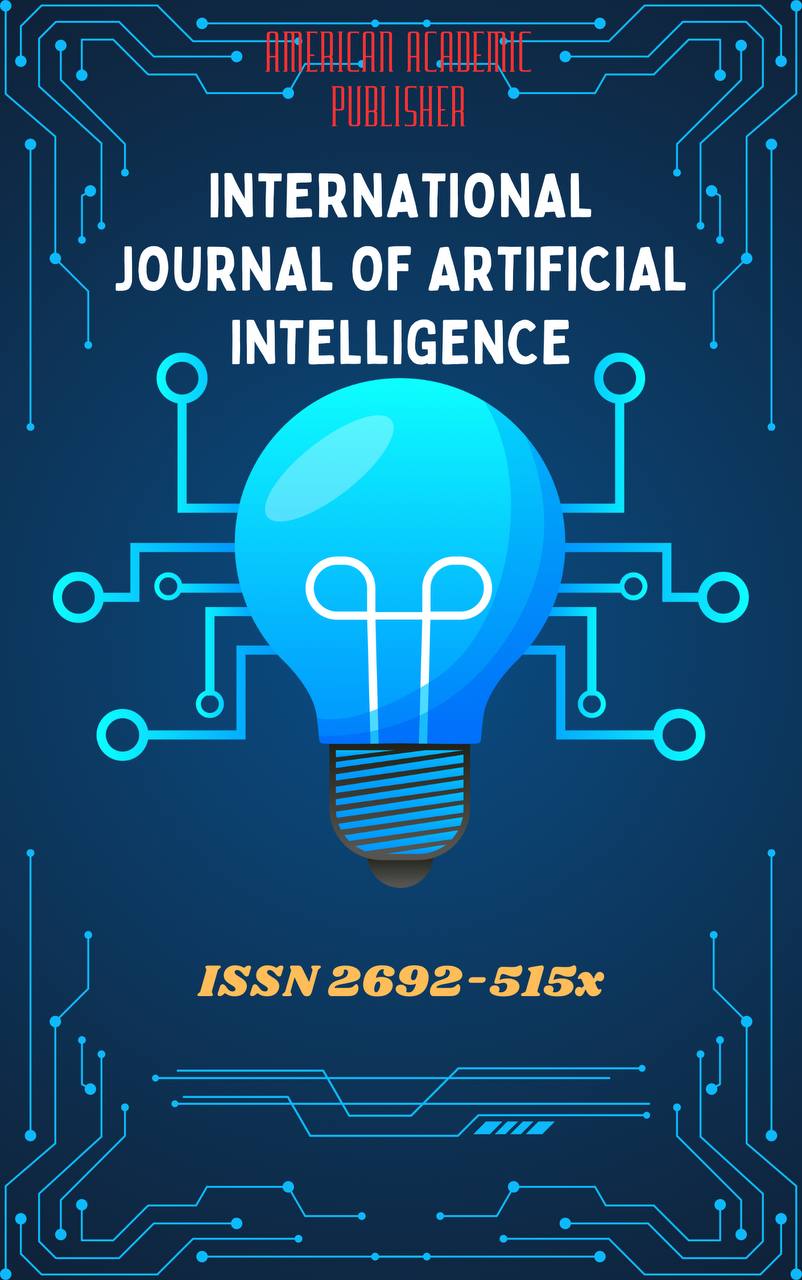 Articles
| Open Access |
Articles
| Open Access | CHALLENGES OF TEACHING ENGLISH PRONUNCIATION TO NON-NATIVE SPEAKERS
Akilbekova Gulkumar Renatovna , Karakalpak State UniversityAbstract
Pronunciation plays a crucial role in developing communicative competence and intelligibility in English language learning. However, it remains one of the most complex skills to teach and master for non-native speakers. This paper examines the main challenges faced by English teachers in teaching pronunciation to non-native learners. It focuses on linguistic interference, lack of teacher training, limited classroom time, inadequate resources, and learner affective factors. The study also suggests practical strategies to improve pronunciation teaching effectiveness through professional development, technology integration, and supportive classroom environments.
Keywords
Pronunciation, English language teaching, non-native speakers, intelligibility, linguistic interference, teacher training, EFL challenges, communication skills.
References
Sahatsathatsana, S. (2017). Pronunciation Problems of Thai Students Learning English Phonetics: A Case Study at Kalasin University. Journal of Education and Linguistics, 10(2), 123–131.
Levis, J. M. (2018). Intelligibility, Oral Communication, and the Teaching of Pronunciation. Cambridge: Cambridge University Press.
Zielinski, B. (2015). The Effect of Learners’ First Language on English Pronunciation Accuracy. International Journal of Applied Linguistics, 25(4), 421–437.
Matsuda, A. (2019). Preparing Teachers to Teach English as an International Language. Bristol: Multilingual Matters.
Fauzia, N. (2021). Integrating Technology in Teaching English Pronunciation: Challenges and Solutions. Indonesian Journal of English Language Teaching, 8(1), 45–57.
Derwing, T. M., & Munro, M. J. (2015). Pronunciation Fundamentals: Evidence-Based Perspectives for L2 Teaching and Research. Amsterdam: John Benjamins Publishing.
Jenkins, J. (2007). English as a Lingua Franca: Attitude and Identity. Oxford: Oxford University Press.
Article Statistics
Downloads
Copyright License

This work is licensed under a Creative Commons Attribution 4.0 International License.

